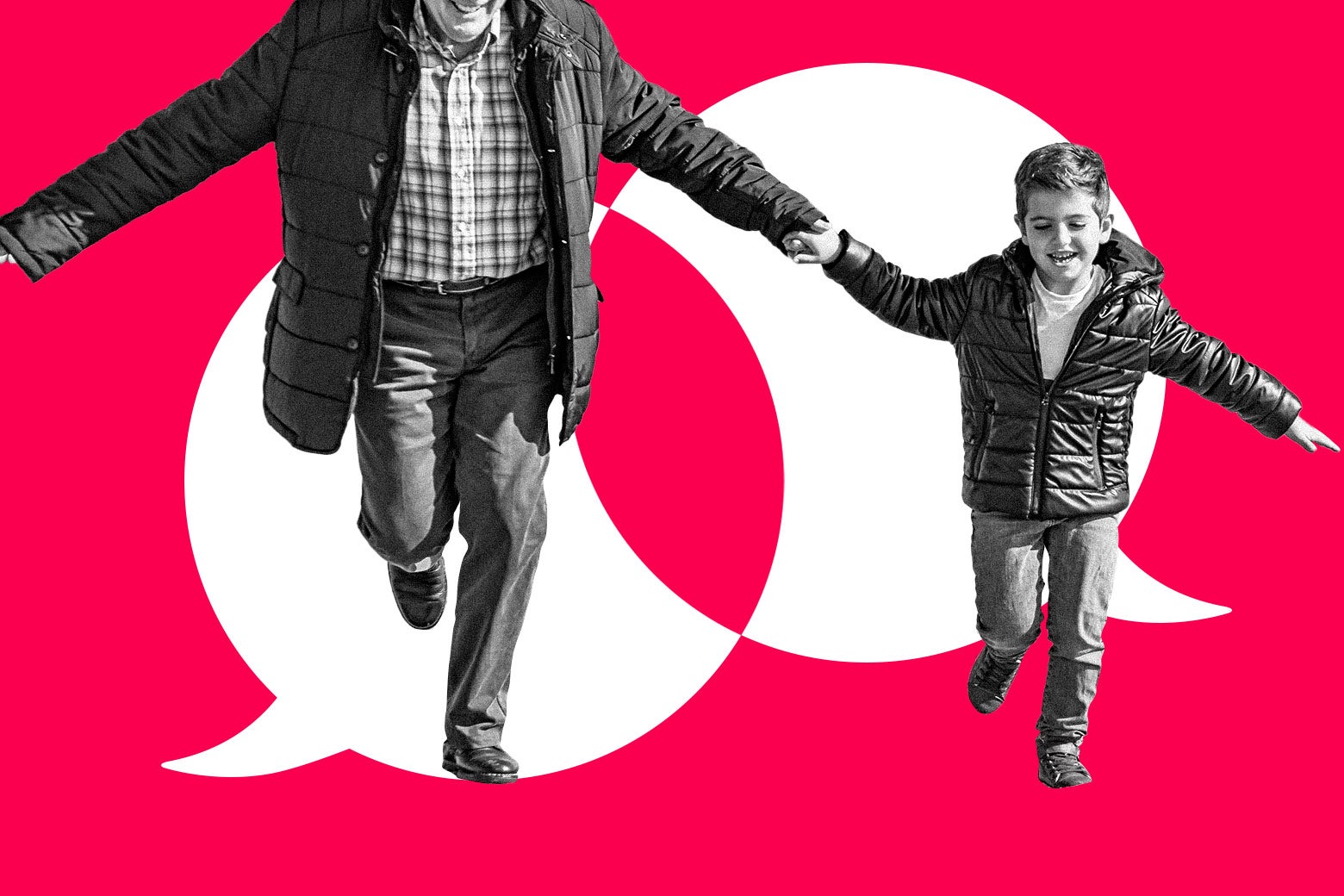
"A kid fewer than 7 years old is told to rush over to wherever I am, be it the alt-milk section or a secluded solo picnic by the ducks. They then use this as an excuse to follow me. They'll even try to "help" me. This is not in my head; I think they believe it is covert or cute low-key stalking. How can I get away from them? They give this disappointed sigh when they finally realize they're being rejected too. WTF?"
"Lizzie, I always love to bring you a letter with a lot of layers. I'll start with the first one: Really??? Suddenly, multiple single dads are deploying their children in service of the "point and shoot" method for getting this letter writer's number? I can see it happening once, maybe three times in a lifetime. But I just have a hard time imagining that suddenly, since losing the weight, she is fighting off little kids and their semi creepy fathers on a regular basis."
"LAYERS! Yeah, is she ... hanging out in front of a preschool? I mean that is something I have recommended that my divorced-and-back-on-the-market friends should do, but I was mostly saying it in jest. But I also know people who have lost weight (especially in the age of GLP-1 agonists) and are confronting new ways the world regards their new bodies. I don't want to question her s"
Significant weight loss reduced overt, physical threats but introduced a new interaction pattern in which single fathers use young children to initiate contact. Children are instructed to rush over in stores or parks, offering "help" as a pretext while fathers linger and follow. The interactions feel covert, low-key stalking, and cause discomfort and a sense of being pursued. Fathers often react with disappointment when rejected. Observers express disbelief at the frequency and note that changing body appearance can alter how others treat and approach someone, prompting questions about avoidance and boundary-setting strategies.
Read at Slate Magazine
Unable to calculate read time
Collection
[
|
...
]